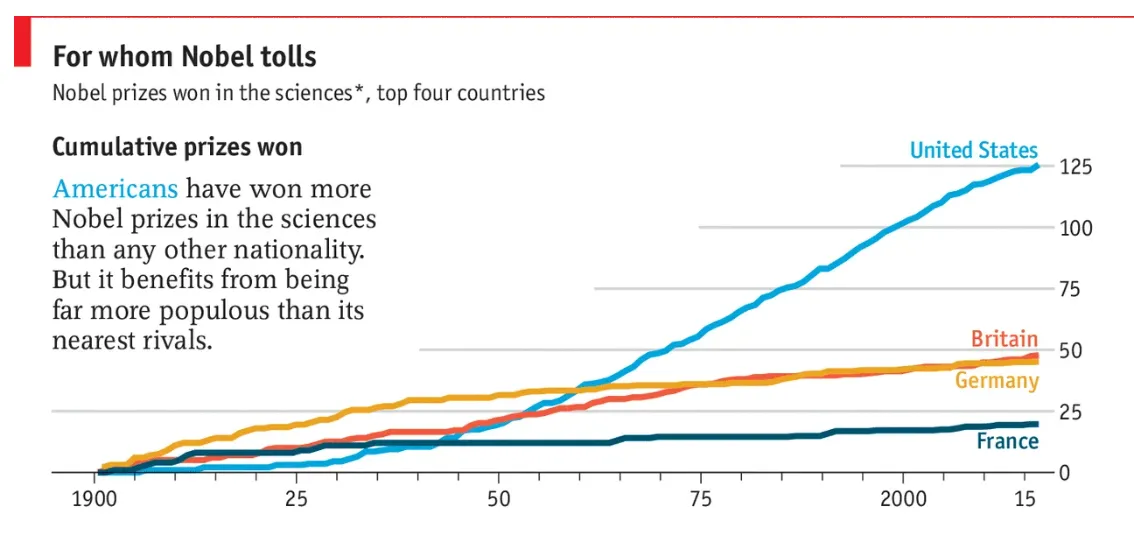- The National Science Foundation abolishes its 37 divisions;
- Yet another Trump sycophant from Fox gains a top position, as DC’s top prosecutor;
- Loonies: Loomer on witchcraft, Hegseth on homosexuality;
- How wacko conspiracy theories are now affecting the highest levels of the US government;
- And recalling Sagan’s THE DEMON-HAUNTED WORLD, and Asimov’s “cult of ignorance” quote. And how all this is an inescapable part of human nature.
Once again, the United States is ceding leadership in science to the rest of the world.

Science, Jeffrey Mervis, 8 May 2025: Exclusive: NSF faces radical shake-up as officials abolish its 37 divisions, subtitled “Changes seen as a response to presidential directives on what research to fund”














